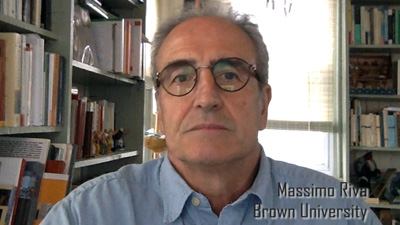Transmedia Storytelling and Other Challenges (and Opportunities) for the (Digital) Humanities
Abstract
The evolution of research infrastructure toward digital formats seems to undermine not only the ways we do research in the humanities but also widespread assumptions about the role of the humanities as a whole in contemporary society: what is at stake is not only the transformation of the procedures of humanistic research but also, and more importantly, the transformation of its goals. The emergence of the so-called Digital Humanities (DH) has further fueled this debate within our profession. The Authors identify five fundamental challenges for humanities research in the digital age: 1) a challenge of scale - in the age of big data, also the humanities feel somewhat compelled to increase the scale of their object of study; 2) a challenge of evanescence/ obsolescence, the actual vanishing (or deliberate destruction) of our object of research; 3) a challenge of ethos, with an alleged shift from individualistic toward increasingly "collectivized" values, as a result of the pervasive networking and “socialization” of research; 4) an institutional challenge, as a neo-liberal ethos pervades the contemporary “corporatization” of higher education; 5) a challenge of public relevance, directly connected to the output of humanities research. One example of how a traditional, feature of humanistic culture is radically evolving in the current environment is "transmedia storytelling" (TS). Since storytelling (and more generally, narrative discourse) is also one of the most distinctive forms of humanistic knowledge production (production of "meaning" beyond mere "information"), this evolution may also offer an opportunity for a thought experiment aimed to test the state of humanities research, both from a critical and an operative point of view: a comprehensive look at this multidimensional phenomenon (and complex object of research) can stimulate a discussion about all the points (challenges) mentioned above.
Video Extension
Click on the thumbnail below for the video extension on YouTube.
This journal provides immediate open access to its content on the principle that making research freely available to the public supports a greater global exchange of knowledge.
DigitCult is open access gold. Articles are published under a Creative Commons Attribution (CC BY-NC 4.0) licence to support maximum dissemination and use.
With the licence CC-BY, authors retain the copyright, allowing anyone to download, reuse, re-print, modify, distribute and/or copy their contribution. The work must be properly attributed to its author.
It is not necessary to ask further permissions both to author or journal board.



